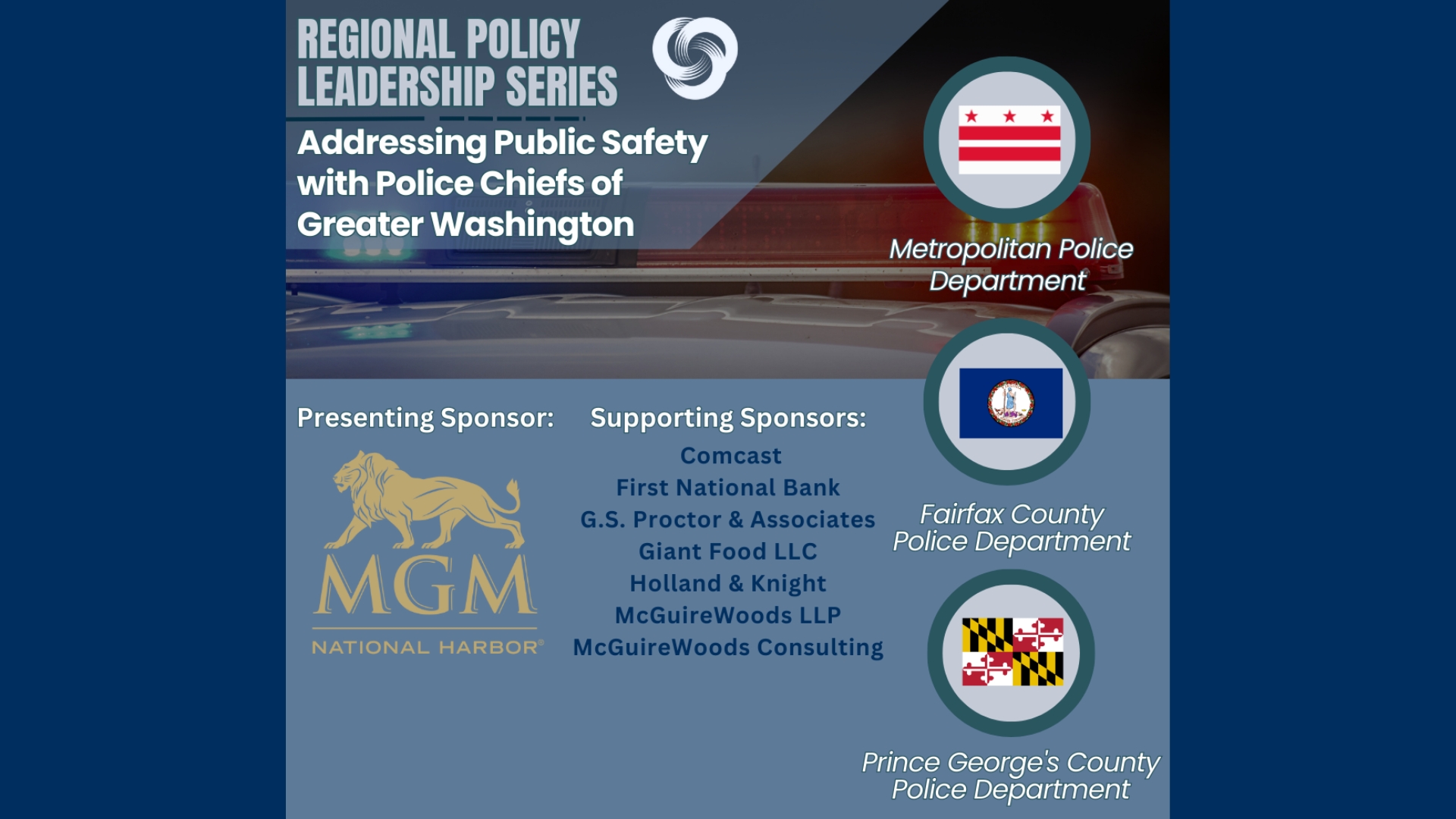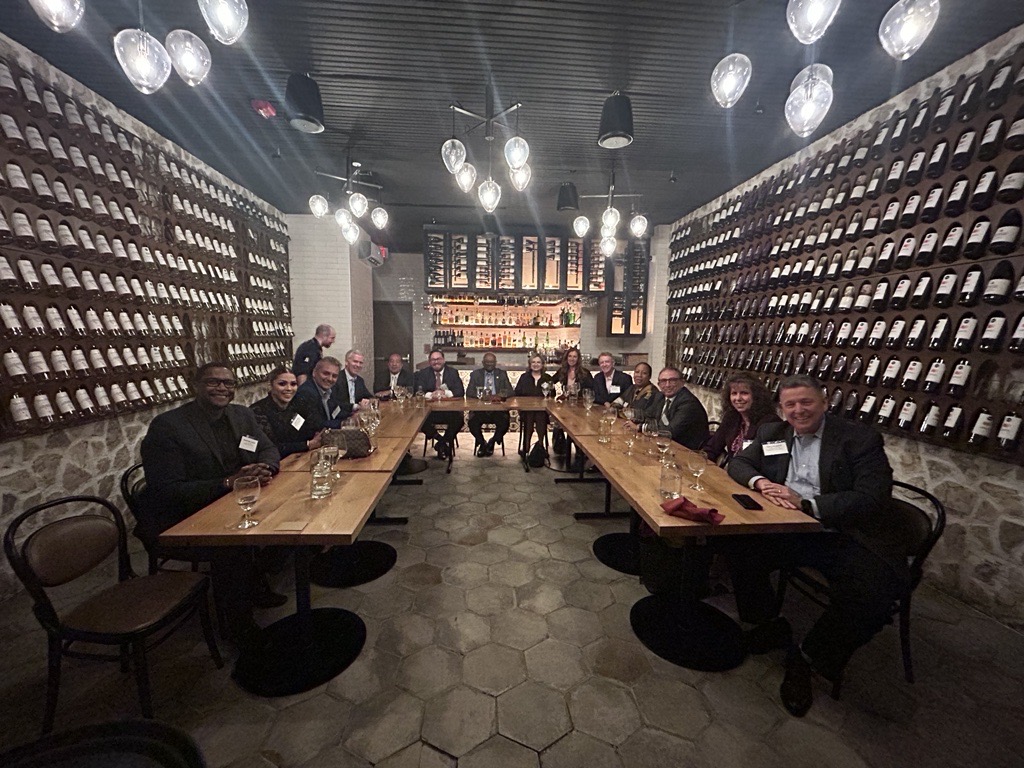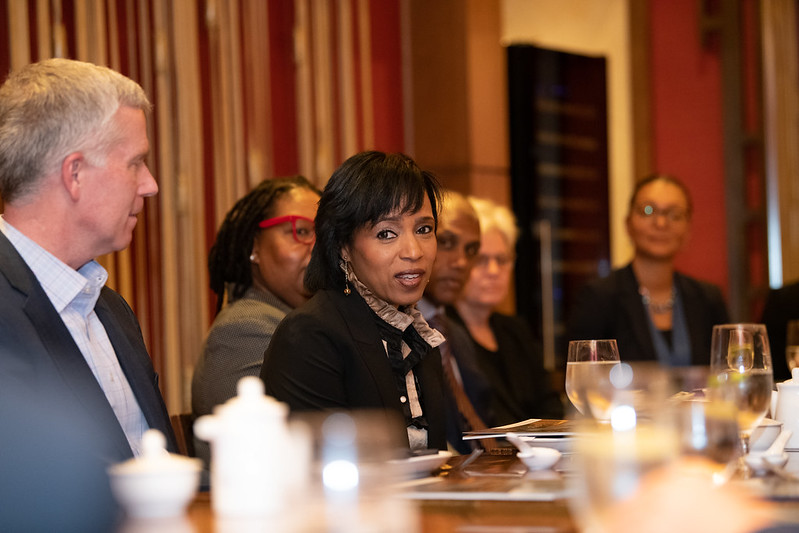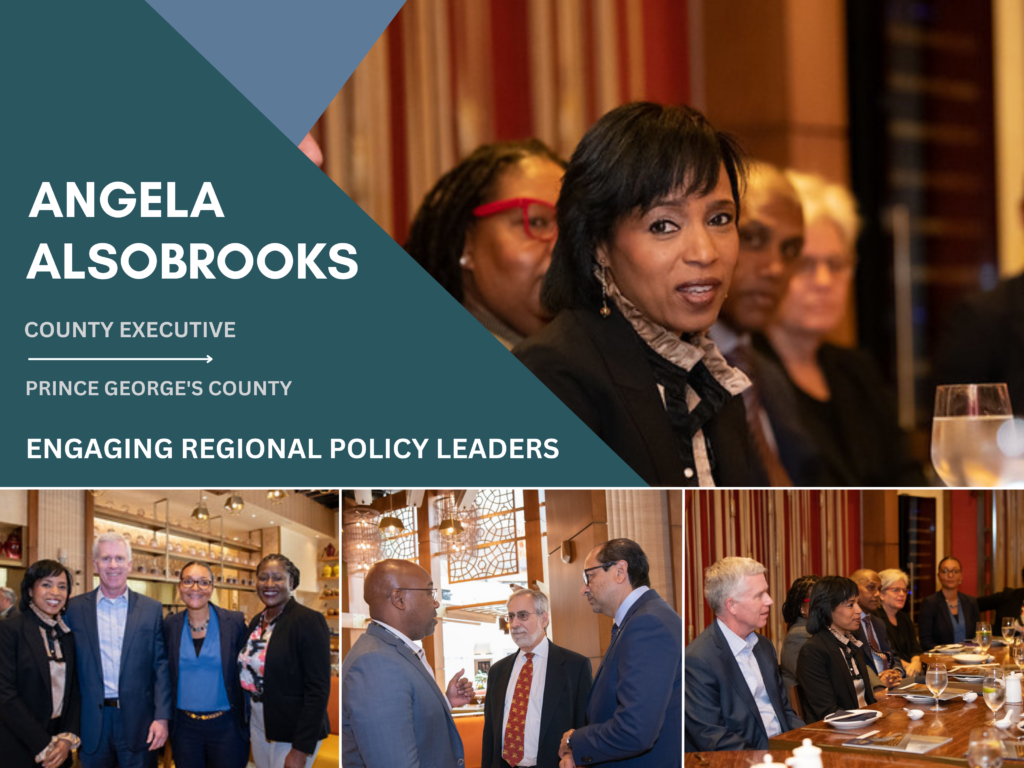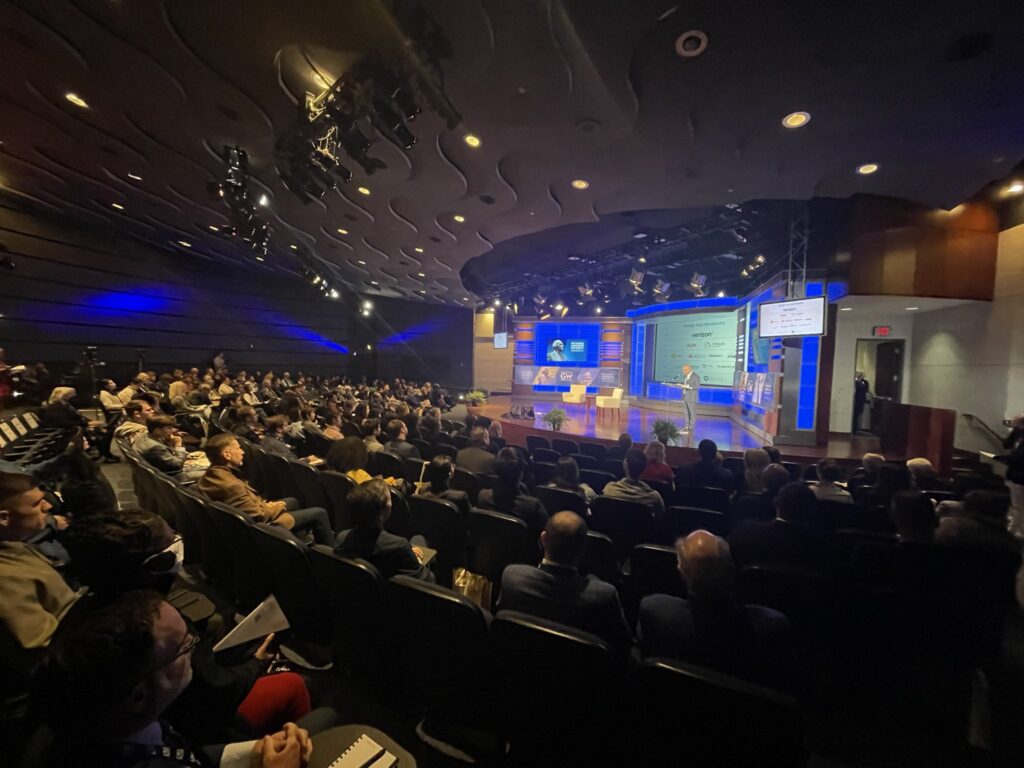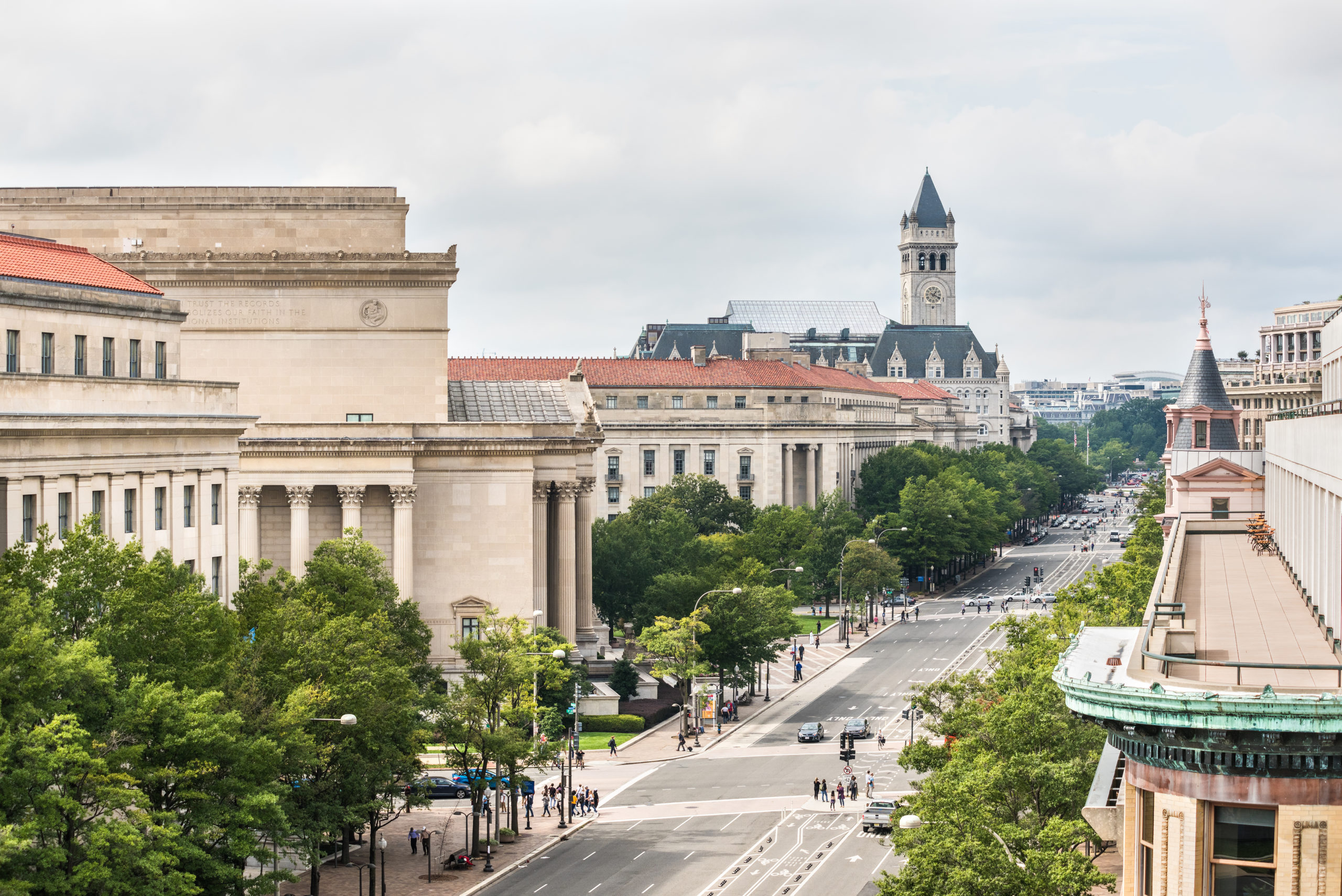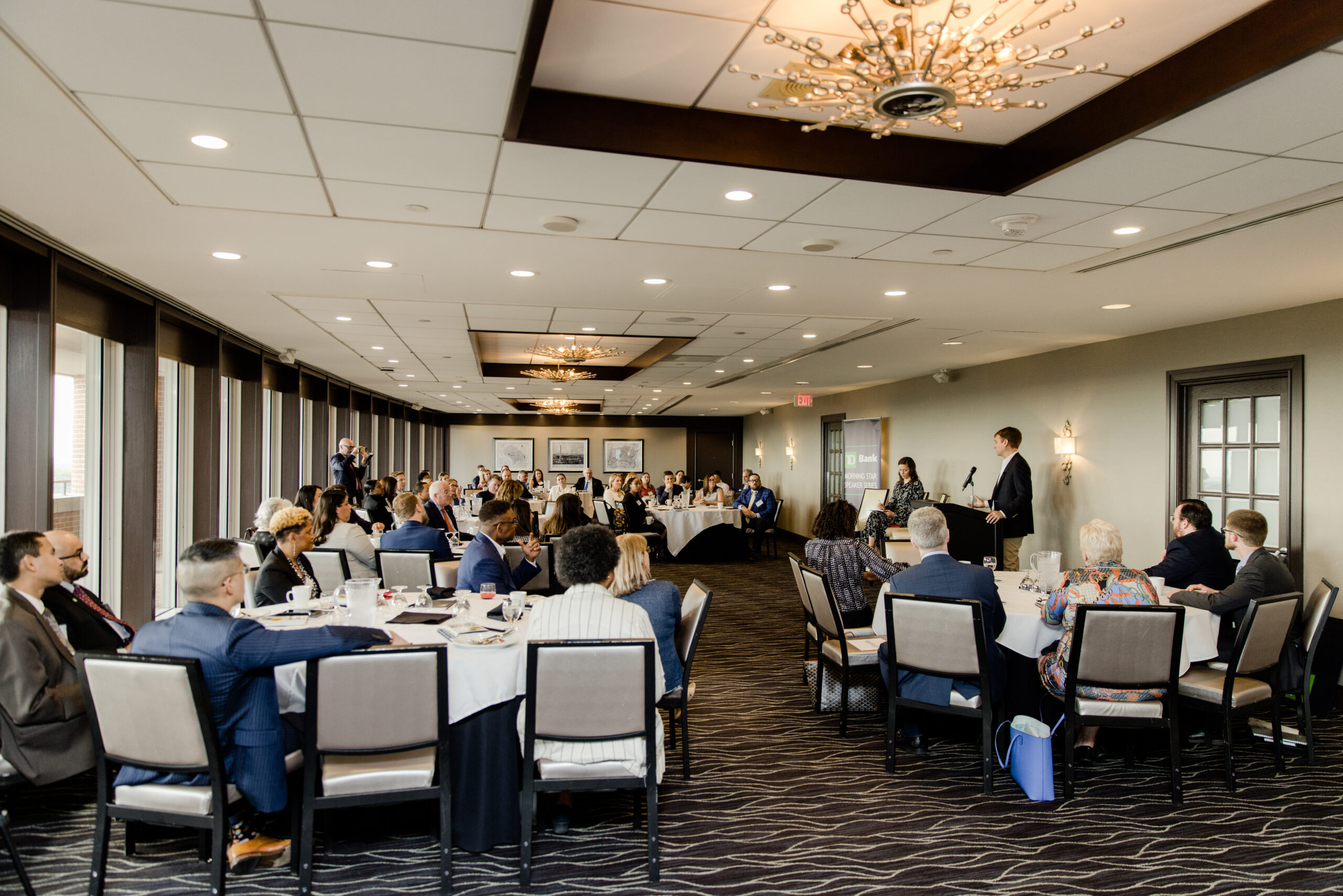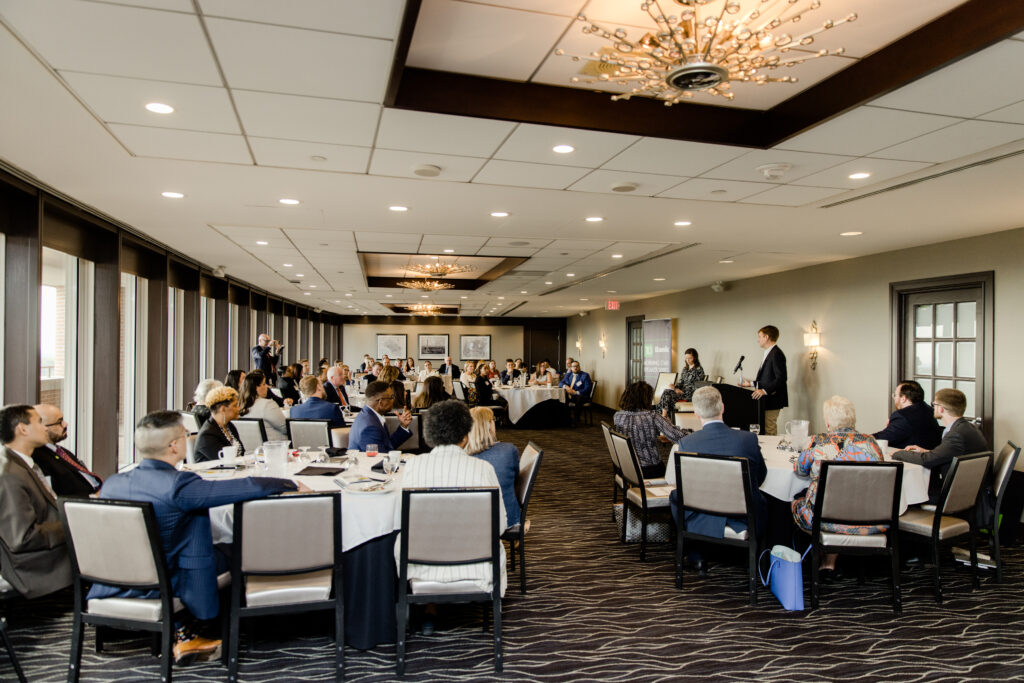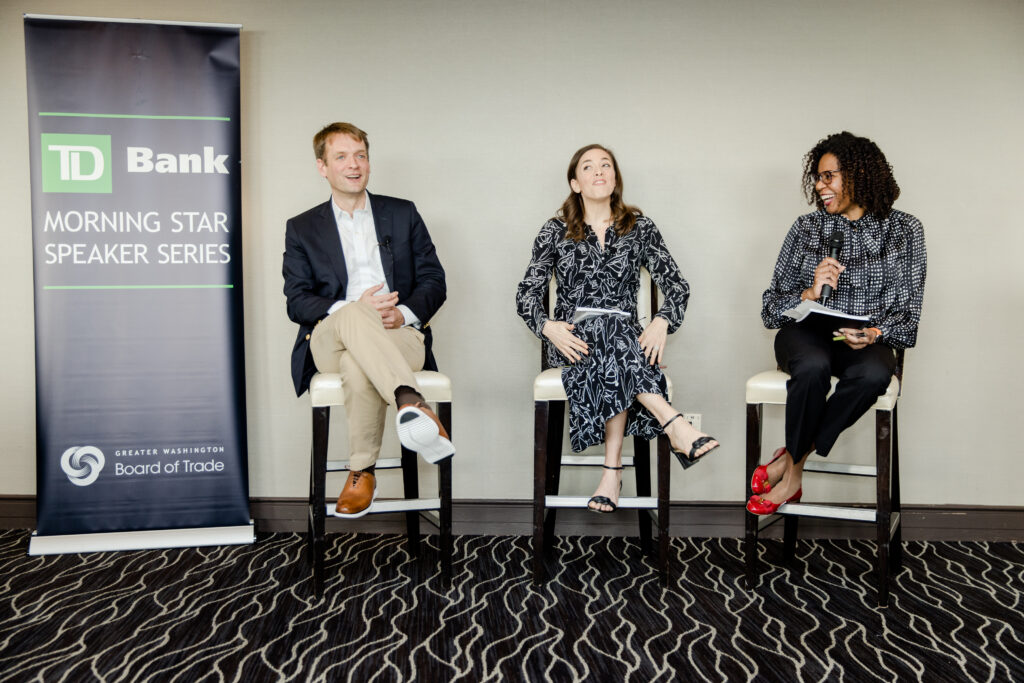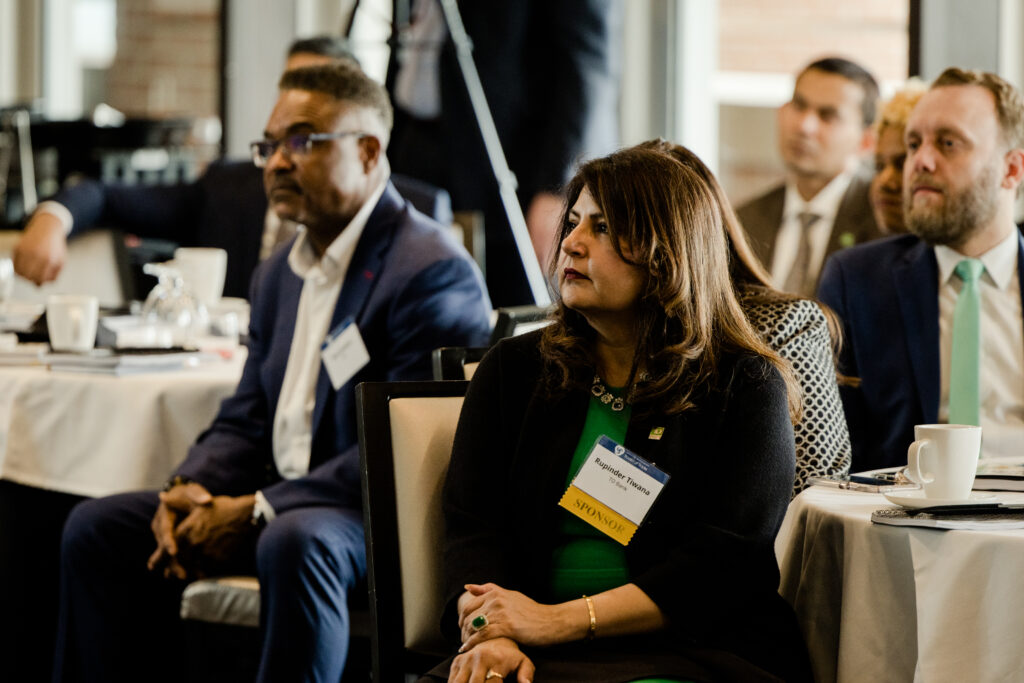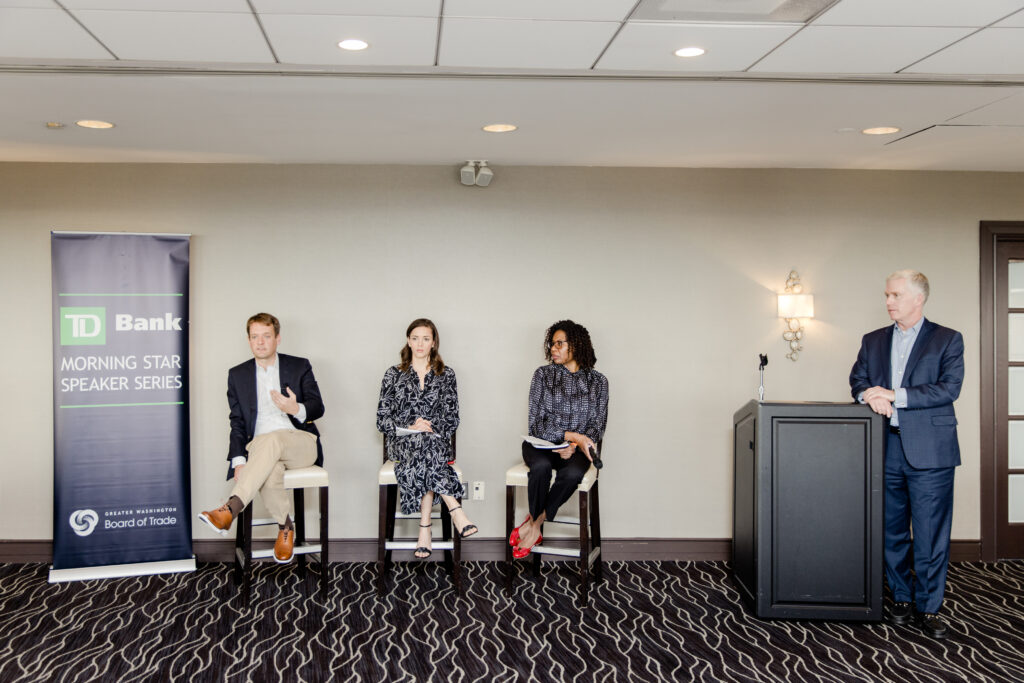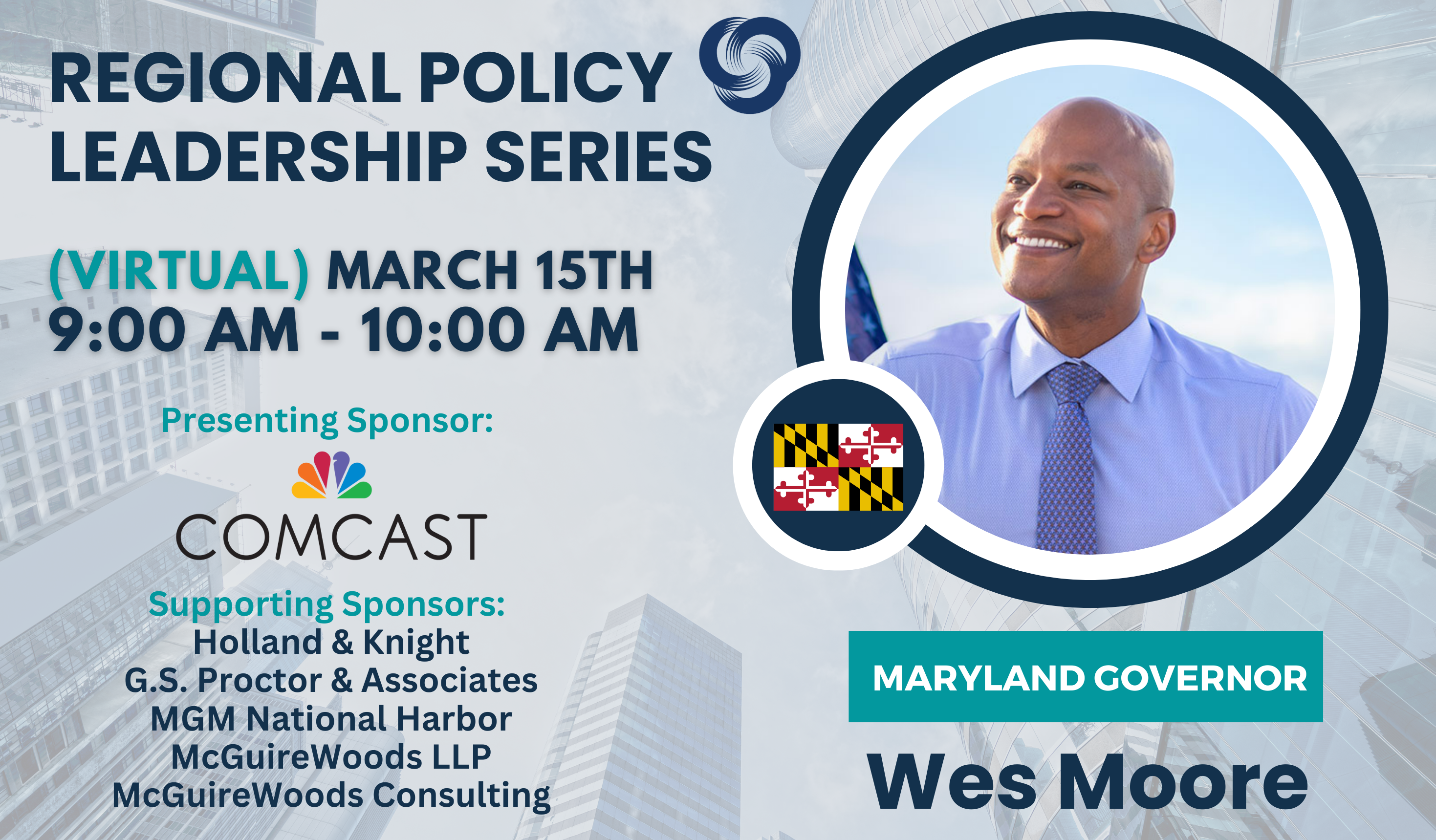Crossover Day in Maryland on Monday signaled the homestretch of the state’s legislative session and provided a clearer picture of what bills have a legitimate shot of becoming law. Governor Wes Moore’s legislative agenda has advanced but comes with some significant changes to key bills, including the Fair Wage Act and Keep Our Heroes Home Act. All of this comes as the Maryland Board of Revenue Estimates’ most recent projections show a combined reduction to the general fund of $478 million over the remainder of Fiscal Year 2023 and Fiscal Year 2024, likely impacting current legislation being debated by lawmakers and the budget that must be passed by April 3.
The updated D.C. Criminal Code that was passed by city council earlier this year was overturned after President Joe Biden signed the disapproval resolution that had bipartisan support from Congress. This is the first time in over 30 years Congress nullified a law passed by the city council through the disapproval process. Mayor Muriel Bowser presented her 2024 Budget to the D.C. Council on March 22. The Board of Trade was pleased to join several other organizations in a letter calling for efforts to use more budget funding to reinvigorate the economy, impose no new taxes, improve the regulatory environment, and protect core services.
Things remain in-process in Virginia, as budget conferees work to form a consensus on a revised budget with potential tax relief included. Governor Glenn Youngkin has until March 27 to act on legislation, which will be followed by the General Assembly reconvening on April 12 to consider any actions taken by the Governor and with the intent to adopt a revised budget. Youngkin signed 51 bills into law this week, marking his first action on the 819 pieces of legislation that passed the most recent session.
Below is a deeper look at legislation and initiatives we are following across D.C., Maryland, and Virginia:
DC:
DC Criminal Code
President Biden signed the disapproval resolution pertaining to D.C.’s updated criminal code. This comes after it had already passed the House (250-173) and Senate (81-14) with considerable bipartisan support. Prior to the Senate voting on the disapproval resolution, D.C. Council Chairman Phil Mendelson tried to withdraw the legislation to prevent an official vote from taking place, this however did not impact Senate proceedings and the vote went ahead as scheduled. Mayor Bowser has already unveiled amendments to the criminal code that would:
- Create opportunities for the public to provide input on policy changes around jury trials and expansion of the Second Look Act.
- Restore penalties on crimes that the public has expressed significant concerns about in recent months.
- Allow sufficient time for training and data systems changes across the criminal justice system by updating the implementation date to January 1, 2027.
The Board of Trade will continue to work with Mayor Bowser and D.C. Council to amend the legislation to create a safer environment for residents of the District and the business community.
D.C.’s Stop Discrimination by Algorithms Act of 2023
Councilmembers introduced the Stop Discrimination by Algorithms Act of 2023 (B25-0114) earlier this year. This bill as proposed will impose significant new requirements and penalties for violations on many businesses in the District. Among other organizations, the Board of Trade is seeking to better understand how this bill can be implemented without harming businesses and allowing them to stay competitive. The bill was referred to the Committee on Business and Economic Development and Committee on Judiciary and Public Safety. It is expected that action on the legislation will not take place until after the budget has been finalized.
DC Budget
Mayor Bowser submitted her Fiscal Year 2024 Budget to the D.C. Council on March 22. The Board of Trade was pleased to join several organizations in a letter to Mayor Bowser calling for efforts to reinvigorate the economy, impose no new taxes, improve the regulatory environment, and protect core services. This is more imperative considering the updated revenue projections from the city’s CFO Glen Lee, which show a $464 million shortfall over the next three fiscal years. The shortfall stems from the reduction in tax revenue from large commercial properties and office buildings, which have been impacted heavily by remote work. The Board of Trade looks forward to advocating on behalf of the business community as Mayor Bowser’s budget is debated and amended by D.C. Council.
Maryland
Broadband Expansion
(HB0551 – The Speaker / SB0547 – The President)
The legislation, as originally proposed, called for tax incentives to assist expanding broadband access throughout the state. It would have allowed a tax reduction for companies that receive federal grants for broadband deployment while providing an exemption from the sales and use tax on the purchase of broadband equipment. However, amendments were added and accepted to the House version of the bill that removed the tax incentives portion of the legislation. Additionally, it now requires the Office of Statewide Broadband within the Department of Housing and Community Development to conduct a study and report to the Governor and the General Assembly on or before July 1, 2024, on certain incentives to encourage the expansion of broadband infrastructure in the state. It has passed the House (135-1) and has been referred to the Senate Budge and Taxation committee. The original Senate version of the legislation did not move.
Fair Wage Act of 2023
(HB0549 – The Speaker / SB0555 – The President)
The legislation as originally proposed aimed to increase the minimum wage to $15 an hour by October 1, 2023. Additionally, it would tie the minimum wage to the Consumer Price Index with a cap of 5% after reaching $15, resulting in automatic increases to the minimum wage moving forward. Under current Maryland law, minimum wage was to be raised incrementally, ultimately reaching $15 an hour starting Jan 1, 2025. Businesses with 14 or fewer employees would be permitted to wait until July 1, 2026, to get to $15 an hour. However, amendments to the Senate version of the legislation, that were added by the Finance Committee, removed the Consumer Price Index component and pushed the start date of $15 minimum wage from October 1, 2023, to January 1, 2024. Both small and large businesses would be on the same track. This version passed the Senate (31-14) and is headed to the House Economic Matters Committee. The original House version of the legislation did not move.
Income Tax – Subtraction Modification for Military Retirement Income – Keep Our Heroes Home Act
(HB0554 – The Speaker / SB0553 – The President)
In an effort to prevent military veterans from moving out of the state, Governor Moore proposed tax incentives in the form of increases to their retirement exemption. The initial version of the legislation called for the first $40,000 of military retirement income to be subtracted, regardless of age. However, the legislation as currently passed by the House and Senate, reduced the amount exempted and restrict it by age:
- For individuals at least 55 years old the subtraction modification is increased to $20,000 from $15,000 in current law.
- For individuals under 55 years of age the subtraction modification is increased to $12,500 from $5,000 in current law.
- If passed, the bill is effective July 1, 2023, for taxable years after December 31, 2022.
While this is still an increase compared to what is currently available for veterans, more will likely be needed in the future in order to keep them in the state, especially considering 36 other states do not tax military retirement income at all. Virginia passed legislation in 2022 that will ultimately result in a subtraction of $40,000 by 2025 for those 55 and older.
Economic Development – Build Our Future Grant Pilot Program and Fund
(HB0552 – The Speaker / SB0549 – The President)
This bill would establish the Build Our Future Grant Pilot Program in the Department of Commerce to fund infrastructure projects to support innovation in targeted industry sectors. Those sectors include things such as advanced manufacturing, life sciences, quantum, and cybersecurity. Projects could potentially include Sensitive Compartmented Information Facilities (SCIF), wet laboratories, manufacturing centers, cyber ranges, along with other specialized workforce training or skill certification spaces. The grants funds are eligible to be utilized on the infrastructure related components, like the cost to acquire, construct, improve, or equip a space. $10 million would be available in Fiscal Year 2024, with a matching requirement of 200% for grants under $1 million and 400% for grants up to $2 million (the max grant allowable). This legislation helps bring more investment into the state, resulting in increased growth and jobs in well-paying industries, which would benefit the region. Both the Senate and House version of this legislation has passed.
Economic Development – Industry 4.0 Technology Grant Program
(HB0622 – Del. Qi / SB0906 – Sen. Rosapepe)
This bill would establish the Industry 4.0 Technology Grant Program in the Department of Commerce to provide grants to certain small and medium-sized manufacturing enterprises to assist those manufacturers with implementing new Industry 4.0 technology or related infrastructure. With the upfront capital being too much of a financial burden for many small and medium sized manufactures to invest in, support is needed to ensure the industry remains viable within the state. The Board of Trade provided written testimony in support of the legislation. While the initial version of the legislation called for a $10 million investment per year from 2023-2028, the House version of the legislation amended it to $1 million per year from 2025-2028, and will aim to set aside 20% of the funds for manufacturers who employ 50 or fewer employees. The legislation passed the House (122-15) and was referred to the Senate Budget and Tax Committee along with the Senate Finance Committee.
Virginia
Virginia Budget
Budget conferees continue to negotiate to adopt a revised budget. There does remain the potential for additional tax relief, most likely in the form of a rebate along with an increase to the standard deduction. Several bipartisan priorities that had been at the center of discussions throughout the session remain in play, those items include salary increases for state employees and teachers, greater funding of new mental health and substance abuse services, economic development site preparation, and initiatives to reverse pandemic-related learning loss in K-12 school systems.
